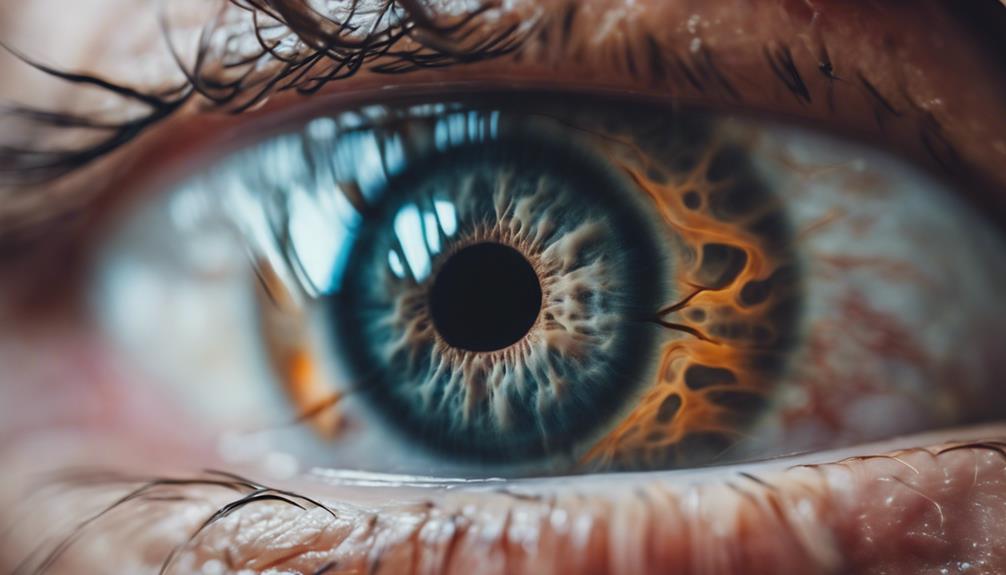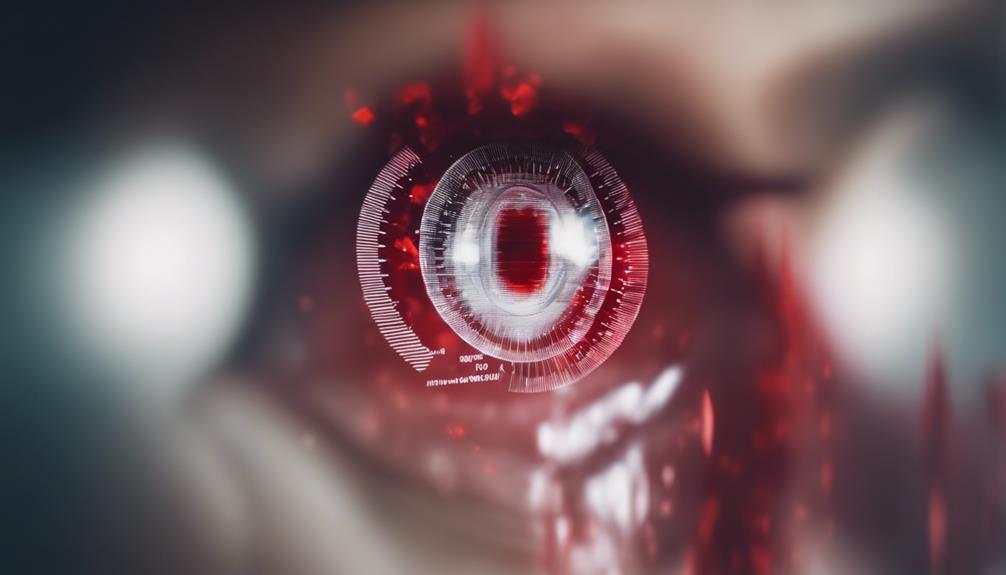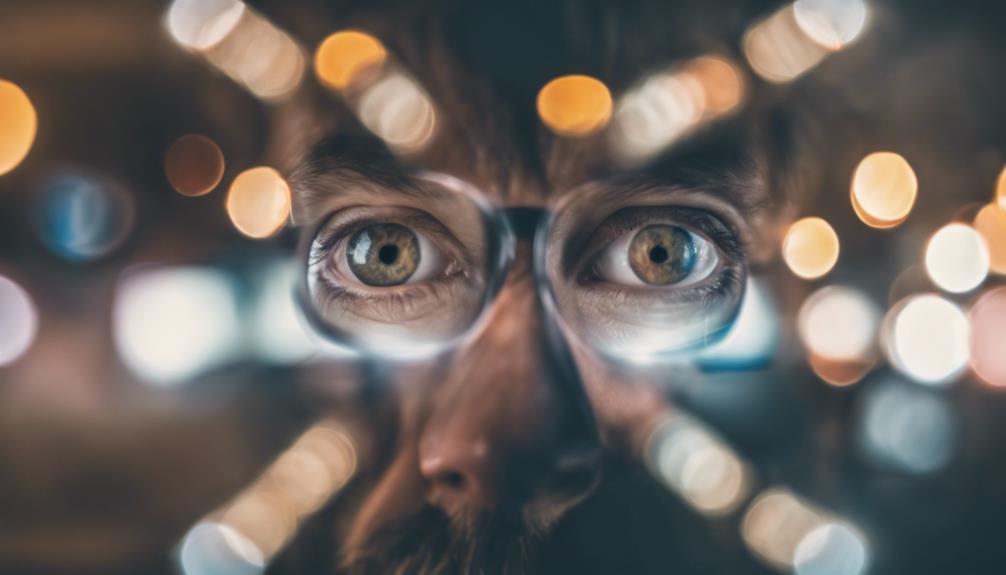
What Is Double Vision (Diplopia)? a Comprehensive Guide
Hone your knowledge on double vision (diplopia) with this comprehensive guide, unraveling its types, causes, and treatment options, leaving you intrigued for more.
Double vision, or diplopia, is more than just a visual annoyance—it can be a window to your overall health. Characterized by seeing two images of a single object, either all the time or intermittently, double vision can stem from a variety of causes, each requiring its own approach to management and treatment.
Whether you’re experiencing this condition yourself or are seeking information for a loved one, our comprehensive guide sheds light on all aspects of double vision, offering insights and solutions to help you navigate through this complex condition.
Armed with this comprehensive guide to double vision, you’ll be equipped to understand the causes, seek proper diagnosis, and explore effective treatments. Remember, while diplopia can be daunting, knowledge is your greatest ally in navigating this condition and moving towards clearer vision.

Hone your knowledge on double vision (diplopia) with this comprehensive guide, unraveling its types, causes, and treatment options, leaving you intrigued for more.

Begin your journey into the world of double vision with 'H1: Types of Double Vision', unraveling the mysteries of monocular and binocular diplopia—prepare to be amazed.

Solve the mystery of how eye muscle problems and refractive errors impact your vision – the key to clearer sight awaits!

Tackle the intricate puzzle of double vision diagnosis with doctors' expert techniques, uncovering hidden health mysteries along the way.

Peruse the various treatment options for double vision to discover how you can find relief and improve your visual function.

A comprehensive guide to practical strategies and tips for coping with double vision, essential for enhancing daily life challenges.

Journey into the world of double vision in children to uncover the diverse causes, diagnostic challenges, and essential actions to take for optimal eye health.

An unsettling symptom like sudden onset double vision can spark concerns – but when should it be a cause for worry?

A glimpse into the intricate link between diabetes and double vision reveals the hidden dangers of high blood sugar on your eyes.

Fascinated by the link between head injuries and double vision?

Fathom the intricate link between double vision and corneal conditions, unraveling the mystery behind blurred eyesight.

Observe how neurological intricacies unravel the mystery of double vision, shedding light on the hidden realms of perception and cognition.
Results vary for each person. Since we cannot control how you use the solutions offered on this site, we cannot guarantee any results. The case studies represented on this website are the experiences of that particular person at that moment in time.
Medical Disclaimer: This website and the content herein are not meant to substitute a personal relationship with a licensed healthcare professional. None of the information on this website is meant to replace medical advice in any shape or form. The content on the website is meant to share knowledge, experience, and research results of Evgania and Veit Mehler. It is solely based on opinions unless otherwise stated. Additional authors featured on this website represent their own points of view and conclusions. It should, therefore, not be assumed that the operators of this website share the same opinions. Copyright is held by the original authors.
Please be advised that the operators of this website strongly recommend that you conduct your own research on any topic discussed herein. To make any health care decision, you are advised to discuss these findings with your health care professional to make the best decisions for your personal situation.
The content on this website may only be republished with explicit, written consent from the operating entity of this website. To request permission, please contact us here. Content will only be permitted to be republished for not-for-profit purposes with copyright, contact information, authorship information, and link to this website published correctly.
© Eyesight Matters Inc 2025